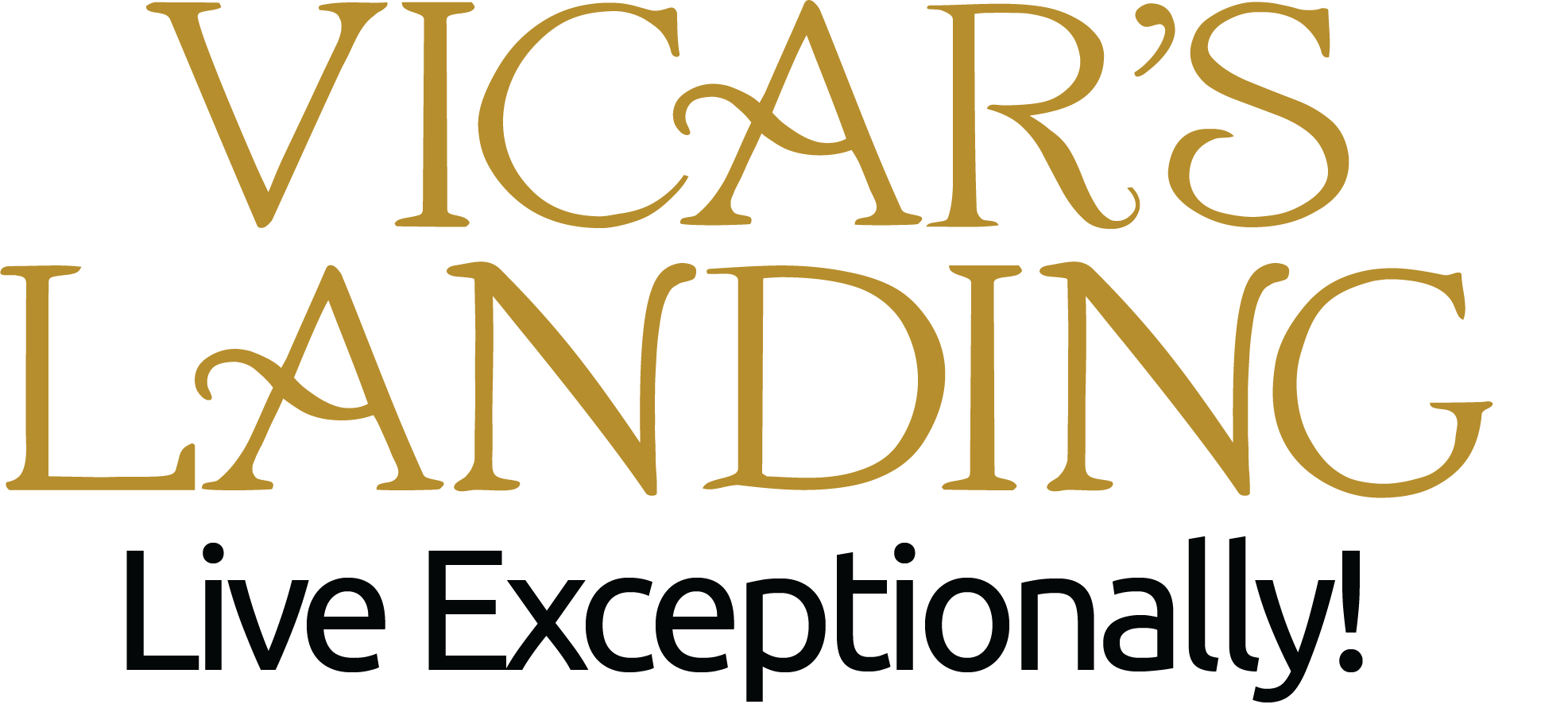Assisted living vs. skilled nursing? What kind of therapy is right? How do I know if I need more support? I get these questions frequently, so I have provided brief answers here. You can always reach out to us if you need more information on any of these topics or others.
What is the difference between assisted living and skilled nursing?
Assisted living communities give older adults personalized care in a residential setting. They’re for individuals whose health or well-being requires a higher level of support than living alone. The community determines this need through a health assessment. Assisted living also provides a healthy lifestyle and social engagement. The most common assisted living services include medication management and assistance with using the bathroom, dressing, and grooming. Also included are housekeeping, meals, laundry, and transportation services, as well as social programs and activities. Staff is available 24 hours a day. Most often, residents bring their own furniture and belongings, so their new home feels like home.
Skilled nursing care becomes necessary when a patient requires care or treatment performed only by licensed nurses. This is the highest level of care in long term settings with the highest staffing to patient ratio. The most common services are medication administration, bathing, and dressing, along with the management of medical issues. The U.S. Department of Health and Centers for Medicare & Medicaid Services (CMS) regulate skilled nursing communities. To be CMS certified, these communities must meet strict criteria and are subject to periodic inspections to ensure staff is upholding quality standards.
How do I access my Medicare benefit for Skilled Nursing care?
Medicare covers semi-private rooms, meals, skilled nursing, therapy, and other medically necessary services and supplies in a skilled nursing facility. Medicare will only cover these services following a 3-day minimum, medically necessary, inpatient hospital stay for a related illness or injury. To qualify, a doctor must certify that an individual needs this level of care daily.
It is important to note the payment schedule in Medicare-covered skilled nursing situations.
A patient will pay:
• Nothing for the first 20 days of each benefit period.
• A coinsurance amount per day for days 21-100 of each benefit period.
• All costs for each day after day 100 in a benefit period.
What are the different types of therapy?
Physical therapy focuses on balance, ambulation, and gait and is most common after a hip or knee replacement. The aim of physical therapy is to return a patient to their prior level of physical function.
Occupational therapists help patients develop, recover, improve, and maintain skills needed for everyday activities. These include dressing, grooming, eating, and household tasks.
Speech therapy focuses on problem solving, memory, and organization. Speech therapy also covers activities to improve cognitive communication, conversational tactics for social communication and exercises to strengthen oral muscles. This may include chewing, swallowing and recommendations for special diets when needed.
How do you transition between levels of living in a Life Plan Community?
In Life Plan Communities, the team assists members in identifying when a transition to a higher level of living might be beneficial. A member struggling with daily activities, managing medications, or keeping a safe home environment may need assisted living. The Life Plan Community team will make recommendations with the involvement of family members and primary care providers. The team then invites the member to tour apartments and learn more about the services available.



